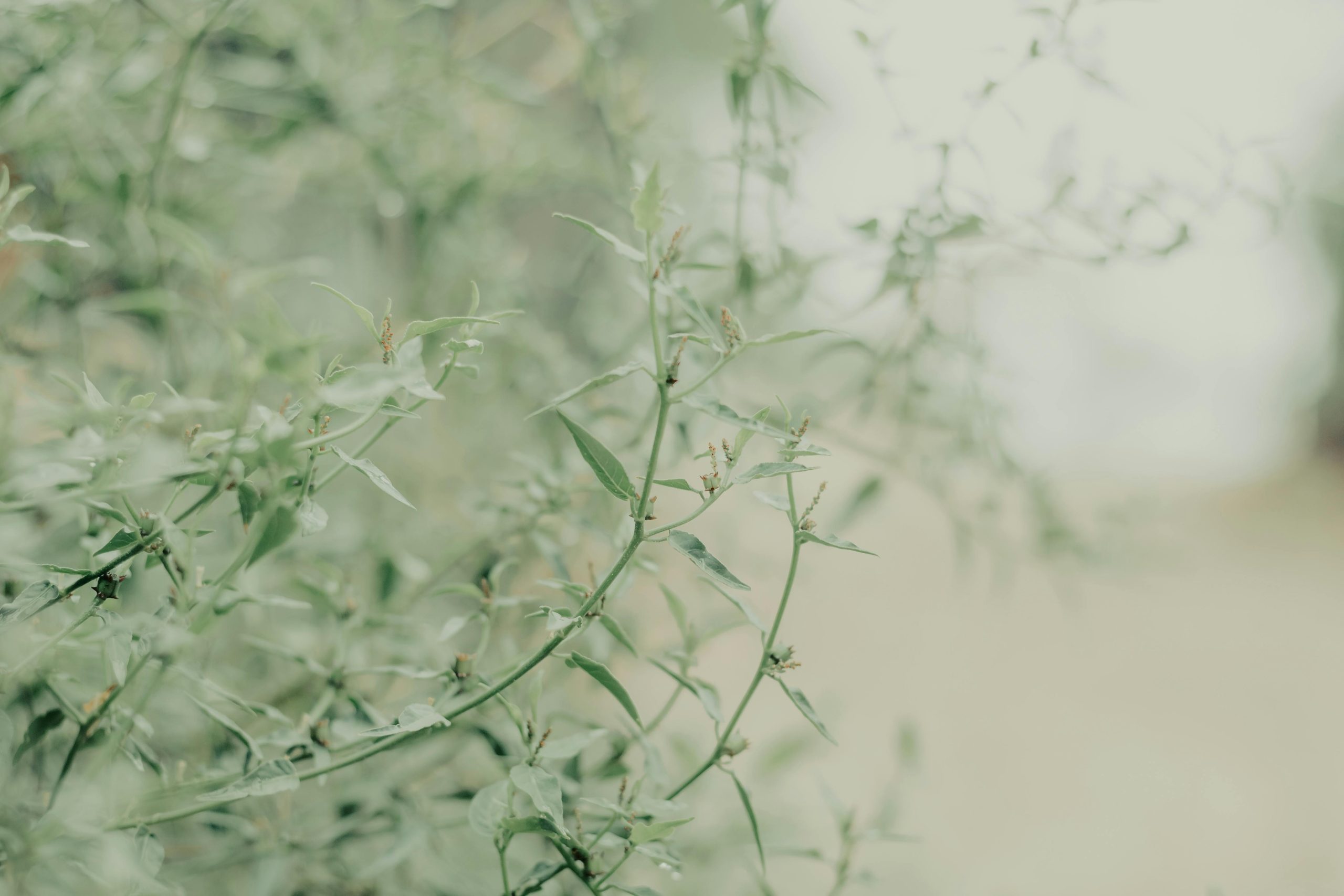CREMATION, NATURAL OR GREEN BURIAL ALTERNATIVES
Green & Natural
In British Columbia about 75% of residents are choosing cremation over traditional burial. This is especially in urban areas where cemetery space is both limited and expensive. Cremation uses flame for the combustion, oxidization and vaporization of the human body which leaves behind bone fragments and ashes commonly referred to as cremated remains. These remains are deposited into a container or urn; and may be kept at home, interred at a grave site, memorialized in a columbarium at a funeral home, or scattered at an appropriate site.
The cost of cremation is typically one quarter the cost of a standard burial.
Greener Options
While many of us aim to make eco-friendly choices in our day-to-day lives, we may be unaware we have greener options for the disposition of one’s body upon death.
Resource: check out David Suzuki Foundation for overview of green end-of-life options.
Green Burial
What we now call ‘green burial’ was standard practice for many generations. In green burial, the body isn't cremated or embalmed; and biodegradable caskets, shrouds, and urns are used. Green burial helps to protect and preserve the environment and the natural cycles occurring in it.
For a more detailed article on Green Burial, click here
For a list of cemeteries in BC where green burial is an option, visit Green Burial BC
Emerging Green Technologies
Alkaline Hydrolysis (Aquamation)
There is a movement in BC for a more green disposition process called Alkaline Hydrolysis. It has already been approved in Quebec, Ontario, Saskatchewan, Newfoundland Labrador, the North West Territories and by several states in the USA, including Washington. Alkaline hydrolysis, commonly referred to as "aquamation", is a process that uses water, temperature, pressure, and alkalinity (potassium hydroxide) to reduce the body to bones, which are then processed into ashes and returned to the family in an urn.
For more information on aquamation in BC, click here
Natural Organic Reduction (Human composting)
Another greener technology that is gaining attention is Natural Organic Reduction (NOR). It is defined as “the contained, accelerated conversion of human remains to soil.” This process uses large tanks, containers, or similar vessels to hold human remains together with straw, wood chips, and/or other natural materials for a period of time of about four to six weeks. The remains and organic materials, mixed together with warm air, are periodically turned and the composting process eventually results in reduction to a soil material. When the process is complete the family of the deceased has the opportunity to receive the soil material, which is suitable for spreading in a garden, planting a special tree, or scattering in other meaningful locations such as a garden, memorial forest, or other special place.
Natural organic reduction is not yet available in Canada but is available in a few US states, including Washington.
For more information on NOR in BC, click here

